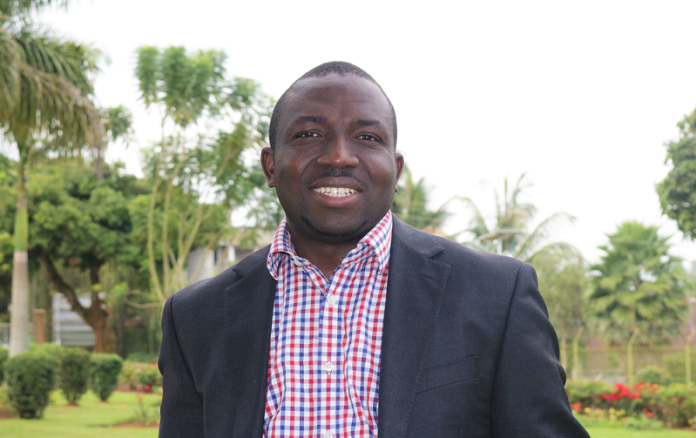Nigerian- born Professor Segun Fatumo has landed a prestigious role in the United Kingdom.
Professor Segun Fatumo has been appointed as Chair of Genomic Diversity at Queen Mary’s Precision Health University Research Institute (PHURI).
With his appointment, he will work closely with the university’s top decision-makers.
Fatumo leads the Uganda Genome Resource and co-leads the Nigerian Non-Communicable Diseases – Genetic Heritage Study (NCD-GHS) Consortium – A concerted effort to see over 100,000 Nigerians participate in the eponymous study, which will seek to understand the genetic basis of the highly prevalent non-Communicable Diseases (NCDs) in Nigeria such as chronic kidney, diabetes, obesity among others.
Segun Fatumo received postdoctoral training in genetic epidemiology at the University of Cambridge and Wellcome Sanger Institute and a postdoctoral fellowship in Bioinformatics at the University of Georgia, Athens, USA. Prior to that, He had postgraduate training in applied Bioinformatics at the University of Cologne, Germany and PhD in Computer Science (Bioinformatics specialization) from Covenant University, Nigeria. During his Ph.D. Programme, he developed a model which identified twenty-two (22) potential novel drug targets against malaria, some of which have been tested and validated experimentally.
On his appointment, Professor Fatumo said: “I am incredibly delighted to join Queen Mary as Professor and Chair of Genomic Diversity. I’m dedicated to championing African representation and inclusion in genomics. Global genomic medicine’s potential hinges on investigating the genomes of all populations. However, past efforts have disproportionately centred on European ancestry. To achieve true equity, we must broaden our scope to include African contexts, essential for a comprehensive understanding of genomics. At PHURI, my focus is driving these crucial changes, ensuring genomics becomes truly inclusive and equitable for all.”
